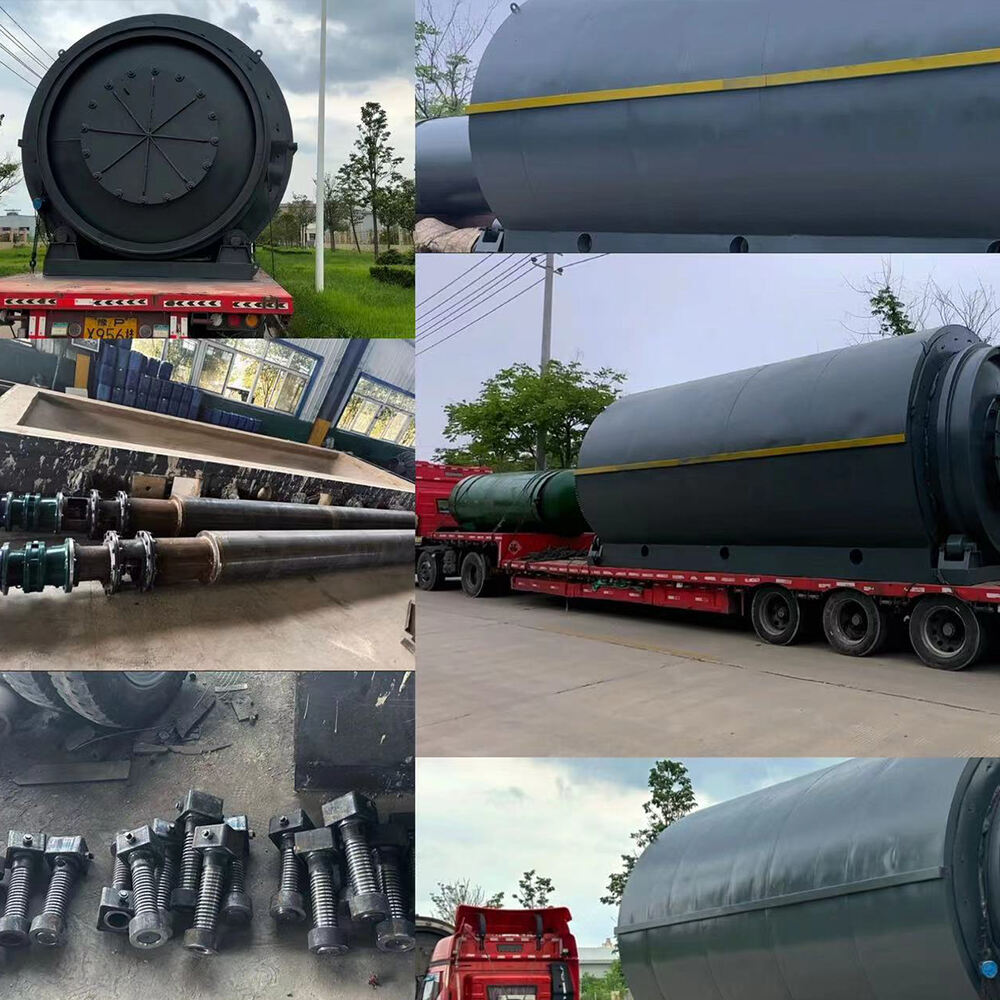Core Principles of Advanced Distillation Techniques
Key Components of Efficient Distillation Systems
Getting efficient distillation systems right is pretty important when it comes to separating all those different components at a refinery. The main parts involved are heat exchangers, distillation columns, plus reboilers. Heat exchangers help move energy around efficiently, which saves money in the long run. Distillation columns do most of the actual separating work through carefully controlled temperatures and pressures inside them. Then there's the reboiler, which basically acts as the heating element needed to keep things moving through the column properly. When all these pieces function well together, refineries can separate materials faster, cut down on their energy bills significantly, and run operations smoother day after day.
What kind of materials we use when building distillation systems makes all the difference in how well they work and how long they last. Most engineers look for stuff that can stand up to corrosion and handle heat without breaking down, since these systems often run in pretty rough environments inside refineries. Industry data shows something interesting though modern equipment today runs about 30 percent better than what was common back in the day. This jump in efficiency really points to why new materials matter so much. Better components mean fewer breakdowns, less downtime, and ultimately bigger savings for plant operators who need reliable performance from their distillation units day after day.
Role of Temperature Control in Fractional Distillation
Getting the temperature right matters a lot in fractional distillation since it really affects both the quality and quantity of what comes out. When operators set temperatures just right, they can separate those volatile components properly so the end products have fewer impurities and meet specifications. On the flip side, if temperatures aren't managed well during processing, refineries often see lower yields from their runs and products that don't meet standards. This translates into real money losses for plant operators who need consistent output to stay competitive in the market.
Refineries need good temperature control to keep things running smoothly, so they typically install automated monitoring and control systems throughout their facilities. These setups work to reduce temperature swings that can throw off the whole separation process. Industry research shows pretty impressive results too. When companies implement proper temperature management techniques, they tend to see around a 20 percent boost in how well their distillation units perform. At the same time, energy usage drops by approximately 15 percent. For anyone working in refining operations, these kinds of improvements make all the difference between just getting by and actually thriving in today's competitive market.
Integration of Automation for Process Optimization
Bringing automation into distillation processes brings lots of advantages, mainly better workflow efficiency and more consistent results throughout production runs. With automated systems in place, operators can monitor parameters continuously and make necessary adjustments on the fly, which cuts down on mistakes people might make manually while also making the whole operation safer. Modern robotic arms and sophisticated control panels actually do most of the heavy lifting these days, keeping everything running smoothly at each stage from initial heating to final product collection. Many plants report significant improvements after implementing these technologies, though there's still some resistance among older staff who prefer traditional methods.
A number of oil refineries across the country have adopted automated systems in recent years, which has really improved how their processes work. Take real time monitoring for instance these systems actually warn workers about problems long before anything goes wrong on the production line, so there's less time lost when things break down and everything runs smoother overall. Looking at actual examples from the field shows something pretty impressive too automation tends to make plants work about 25% better than before. What this means is that old fashioned ways of separating crude oil are getting replaced by much smarter operations throughout the entire refining sector.
Distillation Equipment: Semi-Continuous Production & Safety Features
The semi continuous distillation gear brings real improvements when it comes to how much product gets made and how fast. These systems can run non stop for days at a time without needing breaks, which means less waiting around and more stuff coming out the other end something that matters a lot in big scale operations. Safety is another area where these units shine bright. They come packed with things like pressure release valves that kick in when needed, automatic shut offs if something goes wrong, plus those fancy monitors that watch everything happening inside in real time. The oil companies really appreciate this because accidents happen less often now than they did back in the day. According to recent market studies, plants using this newer tech tend to spend way less money on running costs while still keeping their workers safer too. Industry insiders point to better accident stats across the board compared to older methods from just a few years ago.
Low-Temperature Distillation Recycle Machine for Crude Oil
Crude oil recycling gets a major boost from low temp distillation units that tweak the refining process for better yields and smaller environmental impact. These machines work at temps below what's normally needed for boiling, so they can pull out those precious parts of crude that traditional methods just let slip away. The result? More efficient use of resources all around. Refineries using this tech have been able to grab high quality components without putting out as much pollution or creating so much waste material. Plants across Texas and Louisiana report cutting down on carbon emissions by up to 30% after switching to these systems. For refiners looking to stay green while keeping profits steady, this kind of innovation is becoming essential in today's market landscape.
Desulfurization Tower-Equipped Diesel Extraction Systems
Desulfurization towers play a vital role in today's diesel production setups, helping cut down sulfur content so we can meet those tough environmental rules. The actual process involves both chemical reactions and physical separation methods that clean up the diesel output, which makes for better burning and longer engine life. We've seen good results lately with newer tech like water film desulfurization techniques. These help keep combustion cleaner without breaking government limits on how much sulfur can be released into the air. Looking at numbers from various environmental watchdog groups shows pretty significant drops in sulfur pollution since these towers became standard equipment across refineries nationwide.
Vacuum Distillation Technology in Waste Oil Conversion
Vacuum distillation offers a green way to turn waste oil into something useful by creating low pressure conditions that let distillation happen at much lower temps than normal. The tech helps push forward renewable energy options because it pulls out usable parts from old oils which then get reused as fuel sources. What makes this approach stand out is how it keeps products from breaking down too much during processing, so what comes out at the end is actually better quality stuff. Many plants have already switched to vacuum distillation methods with great results. They report cutting down on harmful emissions while getting higher yields from their waste materials. This matters a lot for industries trying to clean up their act without sacrificing production efficiency.
Thin Film Evaporators for High-Purity Base Oil Production
Thin film evaporators represent a specialized approach to making high purity base oils. These units work wonders at separating different oil components while keeping thermal damage to a minimum during processing. The result? Higher yields and cleaner products that actually pass those tough industry standards most refiners struggle with. What happens is pretty straightforward really: oil gets heated quickly then condensed back down in controlled environments, which cuts down on waste and boosts overall quality. Plants that have switched to this tech typically see better numbers across the board when it comes to output consistency and day-to-day performance metrics. For anyone running a serious refining operation, investing in thin film evaporation isn't just about meeting regulations anymore it's becoming essential for staying competitive in today's market.
Optimizing Crude Oil Fractional Distillation Processes
Preheating and Catalytic Heating Strategies
The way we handle preheating and catalytic heating makes all the difference when it comes to getting better energy efficiency out of crude oil fractional distillation. When refiners warm up the crude oil first before sending it into the distillation tower, they actually need less energy later on during the actual distillation process. Catalytic heating works differently but just as well. By adding special substances called catalysts, this method lowers what chemists call activation energy barriers, meaning reactions happen faster and require less heat overall. Real world results back this up too many plants report cutting their energy bills down around 20% after switching to these methods. Industry reports show concrete numbers behind these claims, and most importantly, refinery managers see real money saved month after month while still producing quality products at scale.
Hydraulic Balance in Distillation Tower Operations
Getting the hydraulic balance right in distillation towers makes all the difference when it comes to how well absorption and separation work. When there's proper balance, the fluids move through the column consistently at the right pressures, and that's what actually determines if the distillation will be effective or not. To keep things balanced, operators typically tweak flow rates and design columns specifically for what the operation needs. The engineering behind this isn't just theory either; most plants follow API standards that require certain levels of absorption efficiency. Refineries that spend time fine tuning these parameters see better stability during operations and get more product out of each batch. Some facilities report up to 15% improvements in yield after addressing balance issues, which definitely helps them stay ahead of competitors in tight markets.
Energy-Efficient Condenser Cooling Techniques
Energy efficient condenser cooling methods play a big role in cutting down energy use during distillation processes, especially when it comes to water recycling and new cooling materials. When refineries apply these approaches, they actually save money because they're able to reuse water instead of wasting it all the time. The way these systems handle heat makes a real difference too. Refineries report around 15% less energy needed after switching to better cooling tech, which means substantial savings over time. Of course, getting these systems installed takes some investment upfront, but most operators find that the long term benefits outweigh the initial costs. Many plants across different regions have started making this transition as part of their broader efforts to become more sustainable while still maintaining production levels.
Real-World Applications: Boosting Ethanol Production with NEXT Technology
Case Study: 20% Output Increase via System Integration
One real world example shows just how much ethanol production can jump when a plant installs better distillation tech. At a midwestern ethanol facility, RCM Technologies ran their NEXT program which boosted annual output by around 20% without tearing out all the old machinery. What they did was upgrade key pieces of equipment and get everything working together properly in areas like distillation columns, water removal units, and evaporators. The results were pretty impressive for the company running the plant. After putting the NEXT system in place, profits went up noticeably according to industry consultants who looked at the numbers. This proves that smart system integration really does pay off big time in the biofuels market, though many plants still struggle with making these kinds of changes happen.
Scalable Solutions for Biofuel Refinery Expansion
Meeting rising market needs means biofuel refineries really need scalable distillation options when expanding their operations. The secret sauce here is modular equipment paired with adaptable processes. These setups let plants scale up fast without breaking the bank on big investments upfront. Refineries benefit because they can respond to shifting demand patterns much quicker than traditional methods allow. Just look at the numbers: global fuel ethanol consumption is expected to jump nearly 173% between 2021 and 2030 according to recent projections. Market analysts keep pointing out how important scalability has become as biofuels gain traction worldwide. When refineries install these modular systems, they find expansion becomes both efficient and environmentally friendly. This helps them stay competitive despite all the fluctuations we see in today's ever-changing energy landscape.


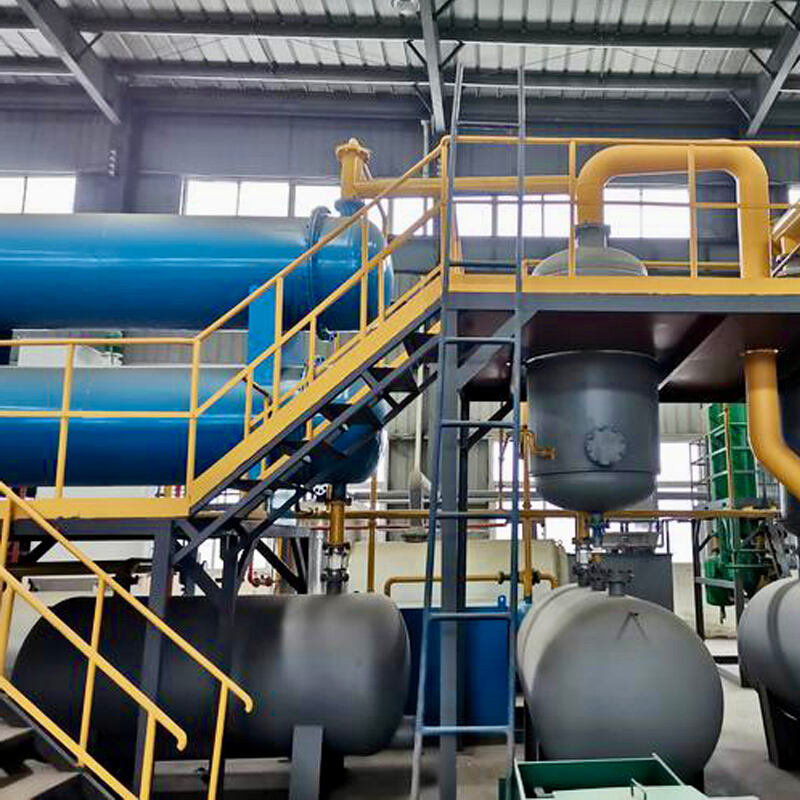
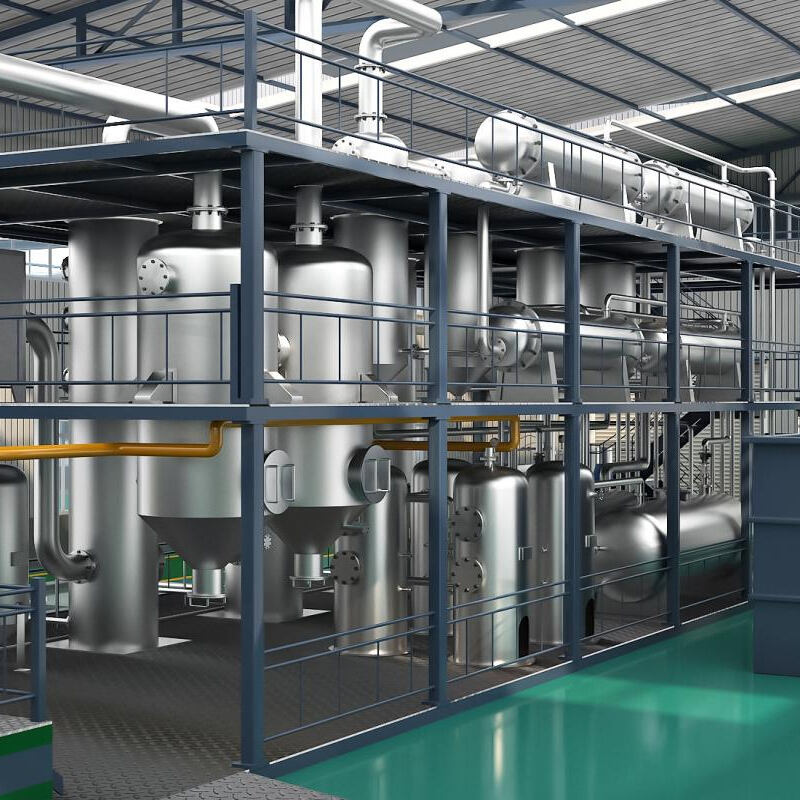

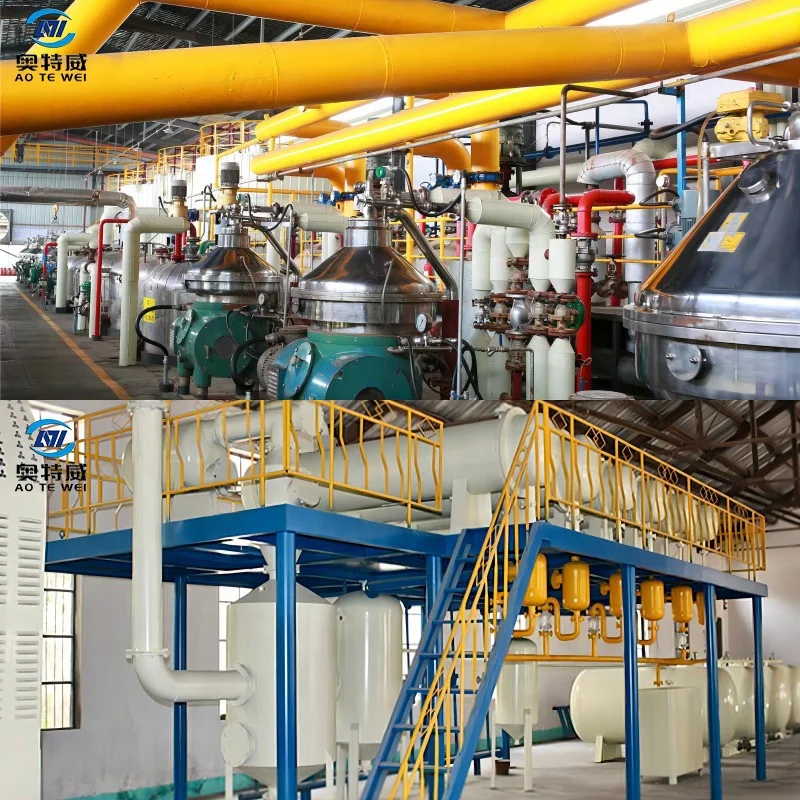
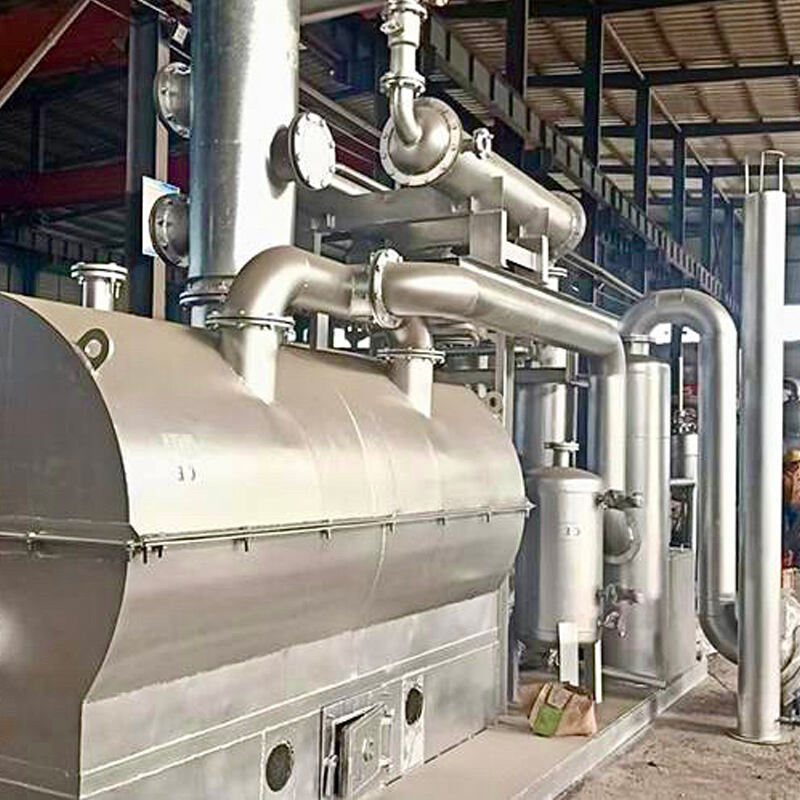
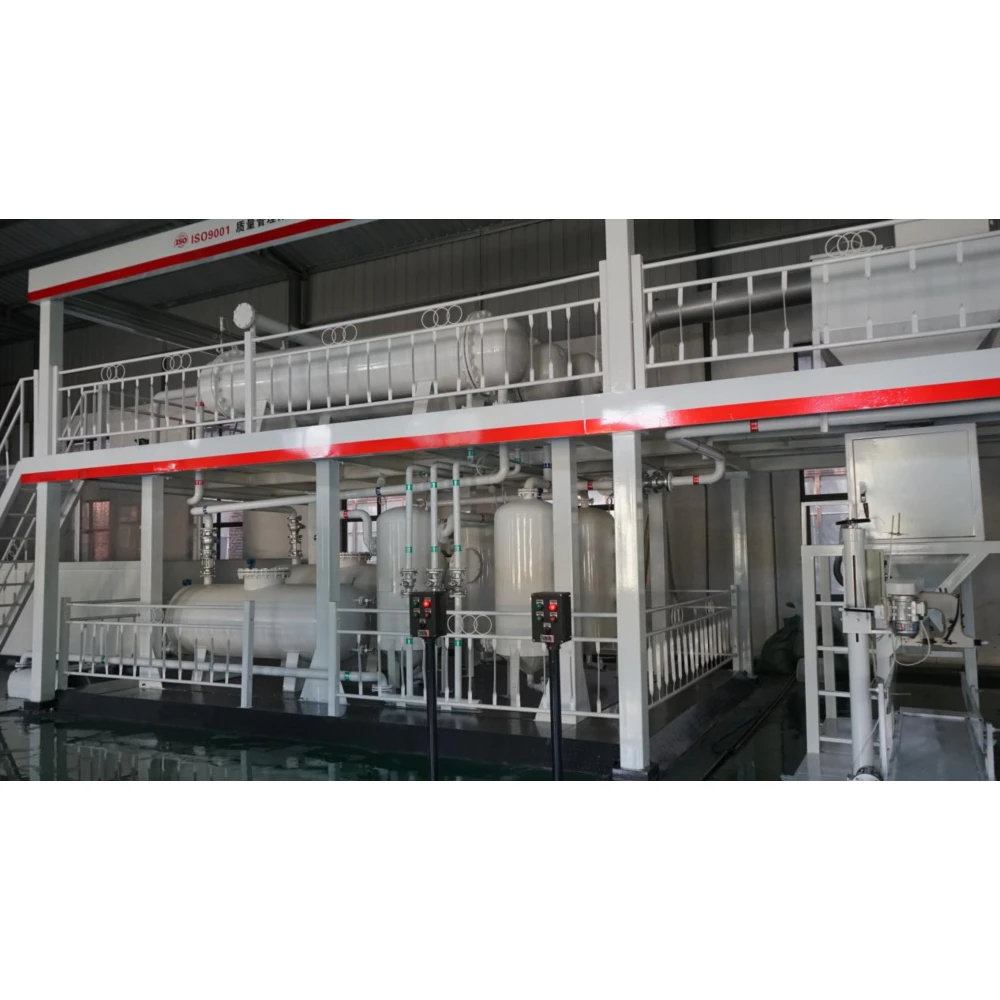
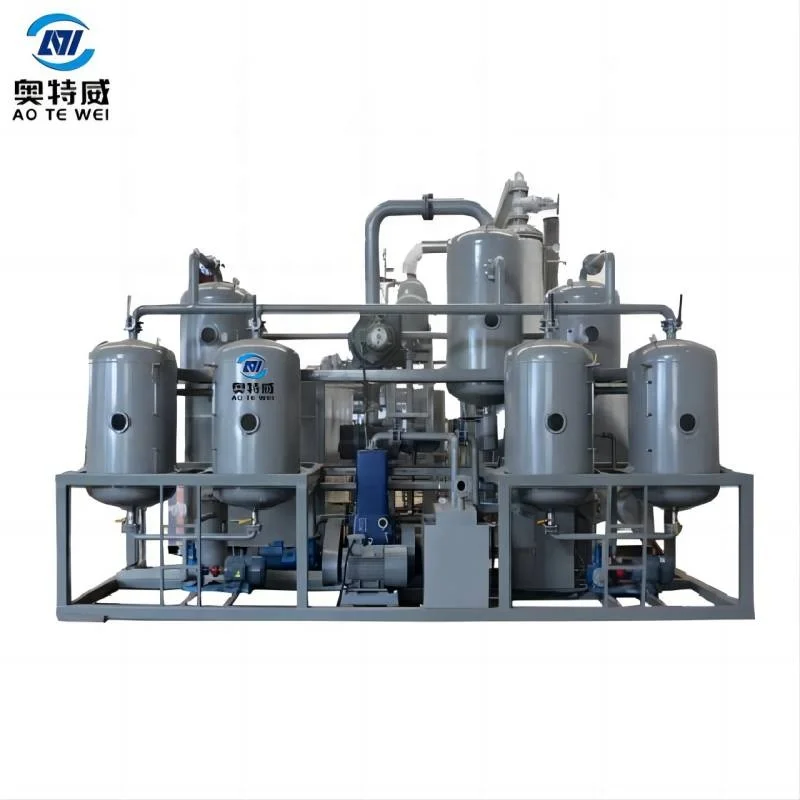
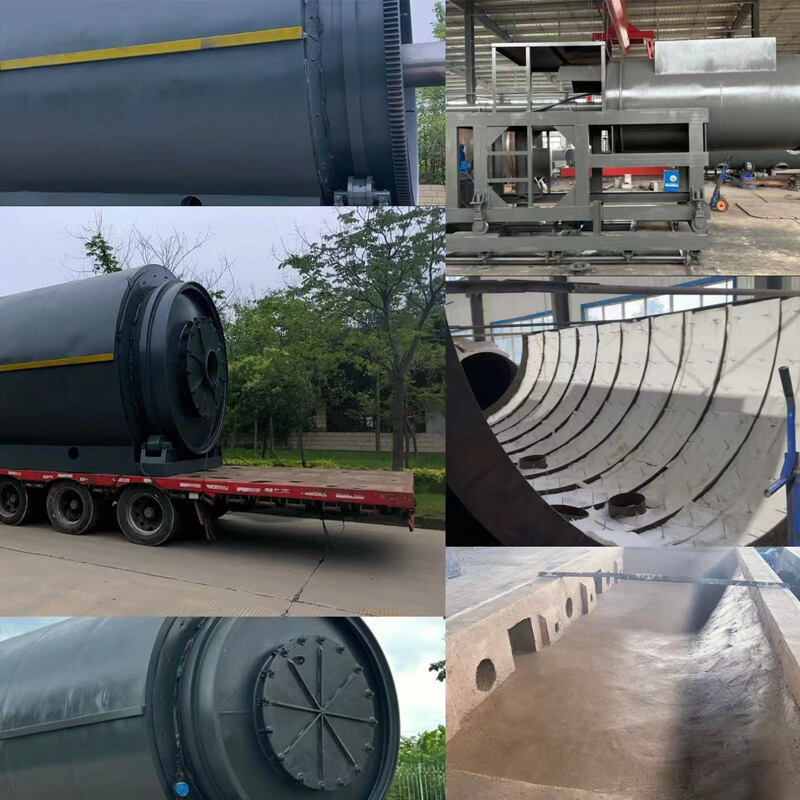

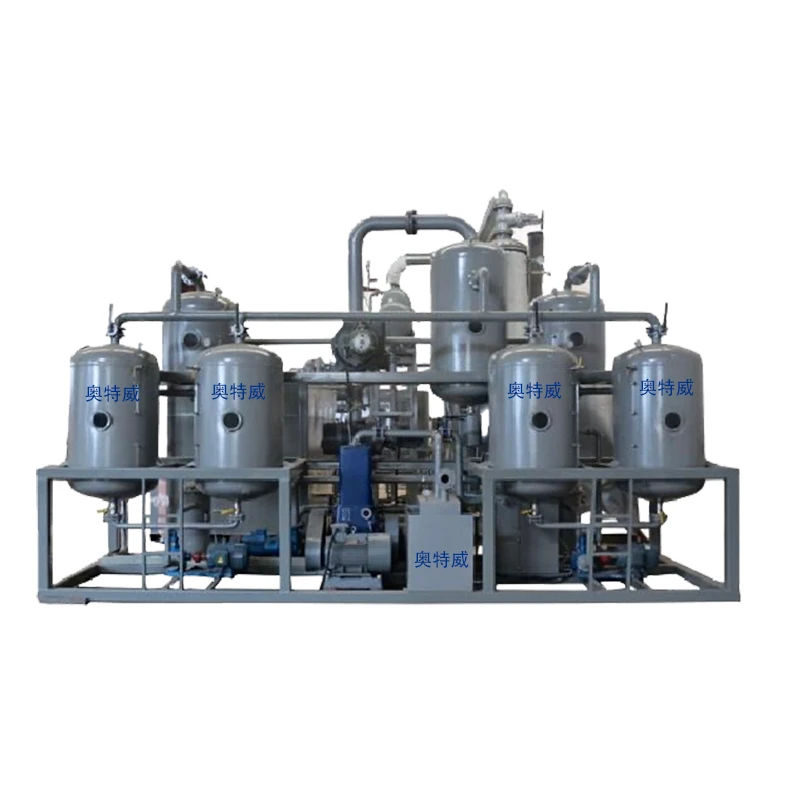
 Hot News
Hot News